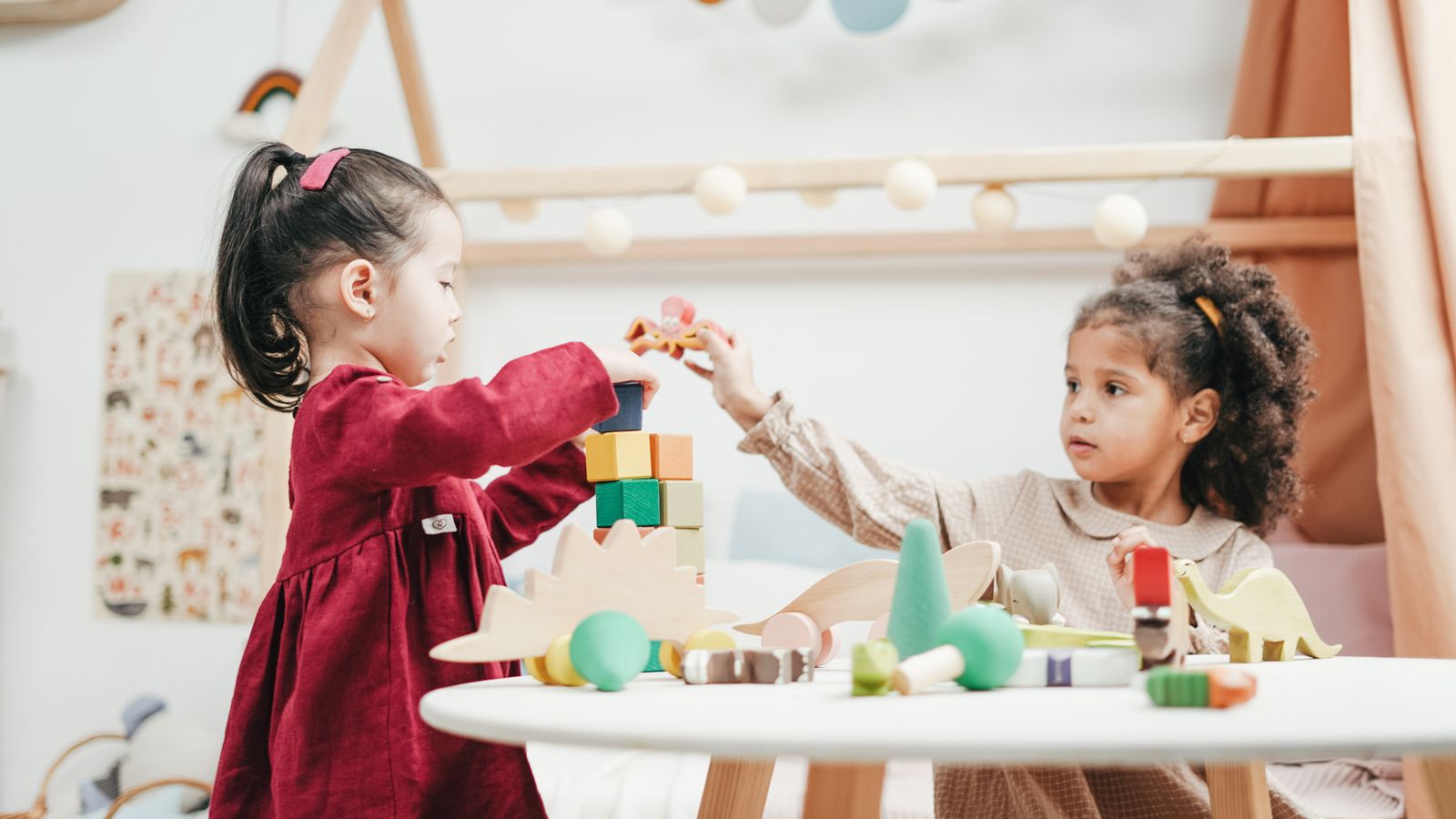PhD Candidate Juliann Nicholson (SSW’23) & Prof. Ha Study How Child Care Affects Children Exposed to Violence

Current research on the impact of intimate partner violence (IPV) has shown a significant negative effect on children. Developmentally, young children who witness IPV in their homes are at particularly high risk of developing behavioral problems that affect themselves and the people around them. While past research has shown that external environments may mitigate some of these negative effects, there is still much research to be done on the influence of non-parental care.
Juliann Nicholson (SSW’23), a doctoral candidate at BU School of Social Work, led one of the first studies to examine the role non-parental child care can have on behavior outcomes for children exposed to IPV. Prof. Yoonsook Ha co-authored the study, building on her research to improve low-income families’ access to quality child care.
Child Care’s Influence on Behavioral Outcomes
The study found that all non-parental care arrangements, including center-based care and home-based care by a friend, family member, or non-relative, can buffer the impacts of frequent IPV exposure on children’s behavior. Center-based care, especially, was shown to provide the most benefits for children.
These findings can help provide support and advocacy for mothers who are abuse survivors. “These current findings may have bearing for survivor mothers as they make decisions about child care arrangements for their children; and for advocates and agencies that work with families experiencing IPV,” say the authors. “For instance, supporting a survivor mother’s access to child care may be an important means to promote their children’s well-being.”
Future Research
This study was based on self-reported data from 3,100 mothers, which may be prone to bias, and did not account for possible variations in children’s direct exposure to abuse. This data related to mothers’ own experiences with IPV, including:
- Physical and coercive abuse
- The frequency of abuse
- Their children’s internalizing and externalizing behaviors
Future research is needed to develop a more nuanced understanding of how and why non-parental child care can benefit children exposed to IPV, such as child care quality and the number of hours children spend in care.